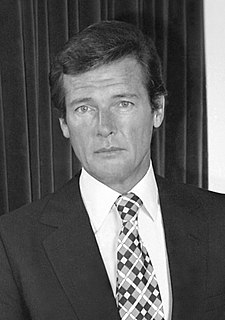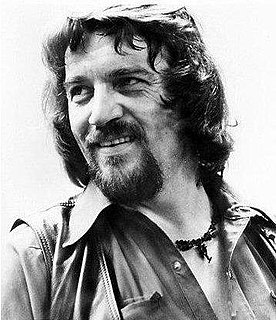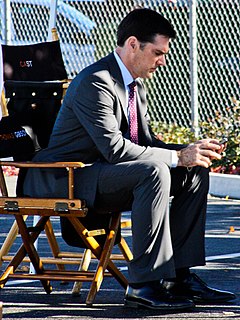A Quote by Muhammad Yunus
I was an economist now turning into a human being - as if these are two different things. I don't know but I did that and then I had no vision.
Related Quotes
The word "knowledge" itself, we like to break it down into two different words, "know" and "ledge." You've got to know the ledge. Know the limitation of things. Know where they go, know where they start from. We say knowledge is the basic foundation of the universe. But everything is first based on something being known. Then, when it's known, then it can be manifested.
I was trained to become an economist and I finished my work and I was teaching and did my PhD so I thought I did that. I prepared myself for that kind of road. But then I realized that I had not learned enough to solve the problem of poverty. So I distanced myself from the things that I learned and tried to learn anew about people.
How joyful to be together, alone as when we first were joined in our little house by the river long ago, except that now we know each other, as we did not then; and now instead of two stories fumbling to meet, we belong to one story that the two, joining, made. And now we touch each other with the tenderness of mortals, who know themselves
When you're in a room with a guy who has a vision like that, it's just one of those things where you close your eyes and just see that vision - then you just go with it. The guys that I write with are so incredible, just like my producer Trent Willmon, those guys know how to bring things out of me - especially things that I maybe didn't even know that I had.
And so out of the blue the call did come and said, you know, "Would you be - would you consider turning this [The Starter Wife] now into a series?" And so obviously that was a shock. And all the conversations began. And, you know, and now we're here. Now we're finishing up our last episode right now.
Every human being is tried this way in the active service of expectancy. Now comes the fulfillment and relieves him, but soon he is again placed on reconnaissance for expectancy; then he is again relieved, but as long as there is any future for him, he has not yet finished his service. And while human life goes on this way in very diverse expectancy, expecting very different things according to different times and occasions and in different frames of mind, all life is again one nightwatch of expectancy.



































